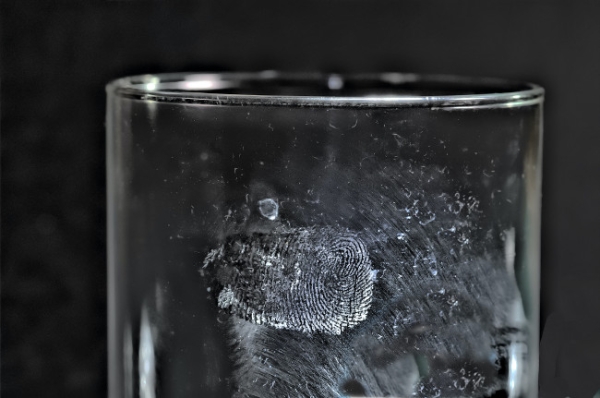
SOPHIA MAVROUDAS
Associate Director of the Forensic Anthropology Center,
Texas State University, San Marcos
2022–2023 Fulbright U.S. Student Program to Greece. Hosts: Democritus University of Thrace, Alexandroupolis / University of Crete, Heraklion
Forensic Science is, broadly, the application of science to criminal matters and the legal system. It has enjoyed recent fame through numerous true crime podcasts, fictionalized television dramas, and countless detective novels; however, real forensic scientists rarely see themselves portrayed accurately through these pop culture phenomena. In practice, forensic science encompasses many disciplines, and practitioners often spend years training and specializing in one field, such as anthropology, crime scene analysis, multimedia sciences, engineering sciences, forensic nursing science, odontology, pathology, biology, psychiatry, questioned documents, and toxicology, to name a few. Each discipline has its own education and licensing requirements that can vary from high school diplomas to professional degrees.
The field of forensic science is exciting and is always changing. Practitioners and protocols are always adapting to new scientific discoveries and researching new ways to improve case outcomes. Many forensic scientists find it a rewarding and exciting field of study with applications in national/international medicolegal systems, law enforcement agencies, human rights work, global search and rescue teams, disaster management, hospitals, and even universities. Regardless of the specific discipline in which they work, forensic scientists of all specialties are held to high standards of ethical practice and are driven by the search for truth and justice.
Photo Credit: Immo Wegmann for Unsplash

